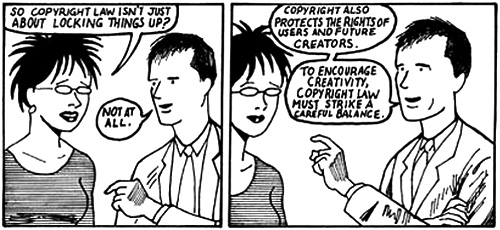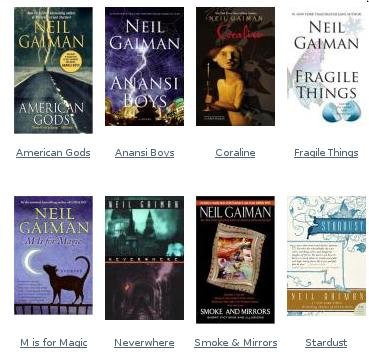 This week Seattle University and Seattle University Law hosted a conference on Globalization & Justice from a critical Interdisciplinary perspective. The Friday keynote speech was not a speech, but instead a thought experiment focused on changing the way we think about scholarship. Francisco Valdes did a great job of engaging the group in thinking about how to democratize social justice as a grass roots community movement.
This week Seattle University and Seattle University Law hosted a conference on Globalization & Justice from a critical Interdisciplinary perspective. The Friday keynote speech was not a speech, but instead a thought experiment focused on changing the way we think about scholarship. Francisco Valdes did a great job of engaging the group in thinking about how to democratize social justice as a grass roots community movement.
Here are my notes from his talk:
Background Assumptions:
1. Community is essential for new knowledge (without Community scholarship is hollow and removed from the real)
2. Can we approach Social Justice scholarship without being critical?
3. The processes is ultimately Political
4. Justice needs to be viewed through identities
5. Communities define Identities
6. Diversity produces conflict and possibly trust as communities and identities interact
Thought Experiment:
How can we build a framework to allow the interaction essential to building understanding between communities?
Question:
How do we engage the people in a movement when they are tethered to the old system for livelihood?
Answer:
It is a process of hard work similar to gardening. It takes hands on work in the community that enables people to move away from the system they are tied to. It will not happen overnight, but it can happen.
Francisco Valdes, Professor of Law, earned a B.A. in 1978 from the University of California at Berkeley, a J.D. with honors in 1984 from the University of Florida College of Law, and a J.S.M. in 1991 and a J.S.D. in 1994 from Stanford Law School. Between law school and his graduate law work, he practiced with Miami and San Francisco law firms, and taught as an adjunct professor at Golden Gate Law School. After receiving his J.S.D. from Stanford, he taught at California Western School of Law in San Diego, joining the UM faculty in 1996. He is a leading figure in the LatCrit movement and in gay rights scholarship and is co-chair of LatCrit, Inc. He teaches civil procedure, comparative law, critical race theory, law and sexuality, law and film, and U.S. constitutional law.
Thanks to Margaret Chon for organizing the conference.

 This week
This week  The Information Society Project (ISP) at Yale Law School will host the third Access to Knowledge Conference (A2K3) September 8-10, 2008, in Geneva, Switzerland. It will be held at the Geneva International Conference Centre and will bring together hundreds of decision-makers and experts on global knowledge to discuss the urgent need for policy reforms.
The Information Society Project (ISP) at Yale Law School will host the third Access to Knowledge Conference (A2K3) September 8-10, 2008, in Geneva, Switzerland. It will be held at the Geneva International Conference Centre and will bring together hundreds of decision-makers and experts on global knowledge to discuss the urgent need for policy reforms. “Orphaned Works” comprise the majority of works from the 20th century culture. Most works produced after 1923 are still under copyright, but the copyright owner cannot be found. As a result, orphaned works are not used in new creative efforts or made available to the public due to uncertainty over their copyright status, even when there is no longer anyone claiming copyright ownership, or the owner no longer has any objection to such use.
“Orphaned Works” comprise the majority of works from the 20th century culture. Most works produced after 1923 are still under copyright, but the copyright owner cannot be found. As a result, orphaned works are not used in new creative efforts or made available to the public due to uncertainty over their copyright status, even when there is no longer anyone claiming copyright ownership, or the owner no longer has any objection to such use.

